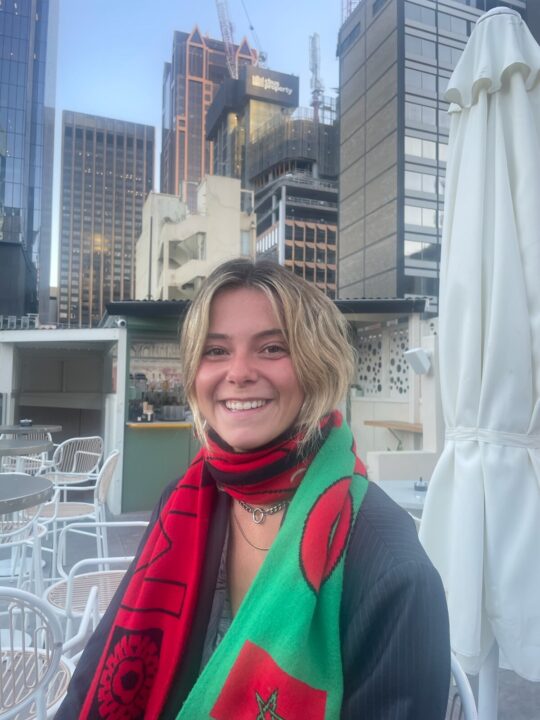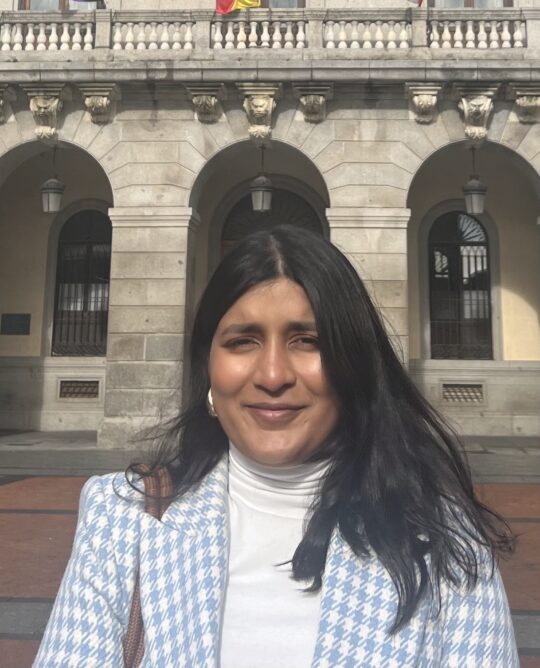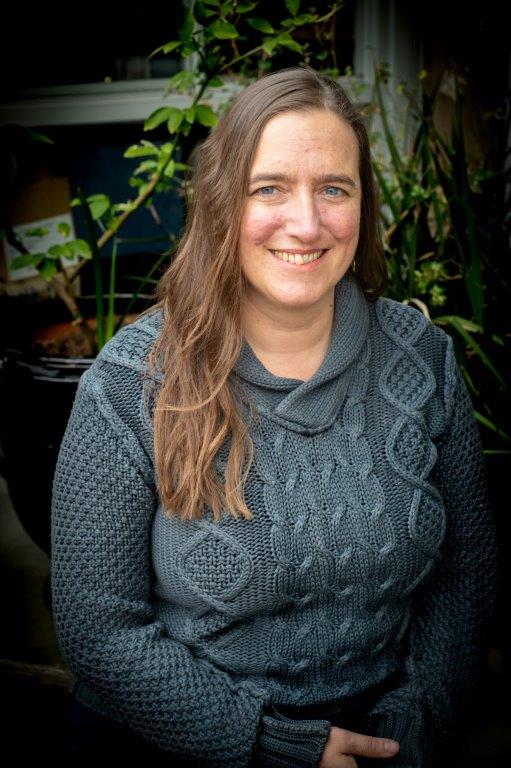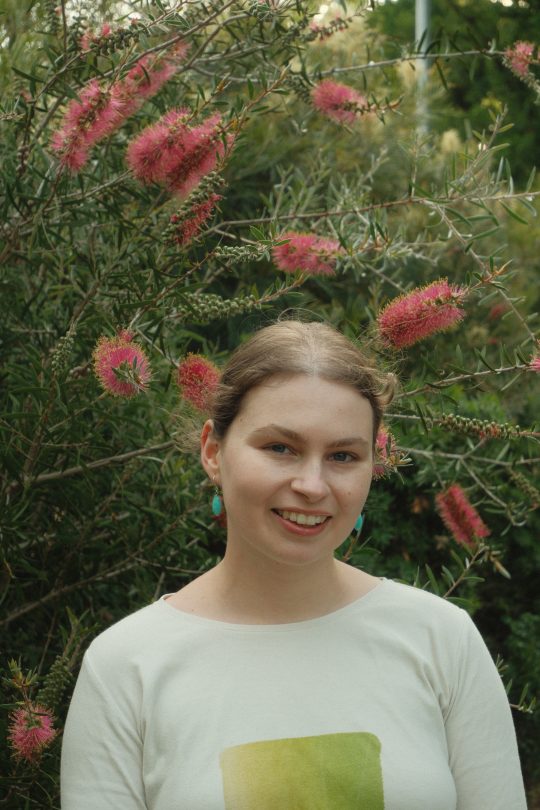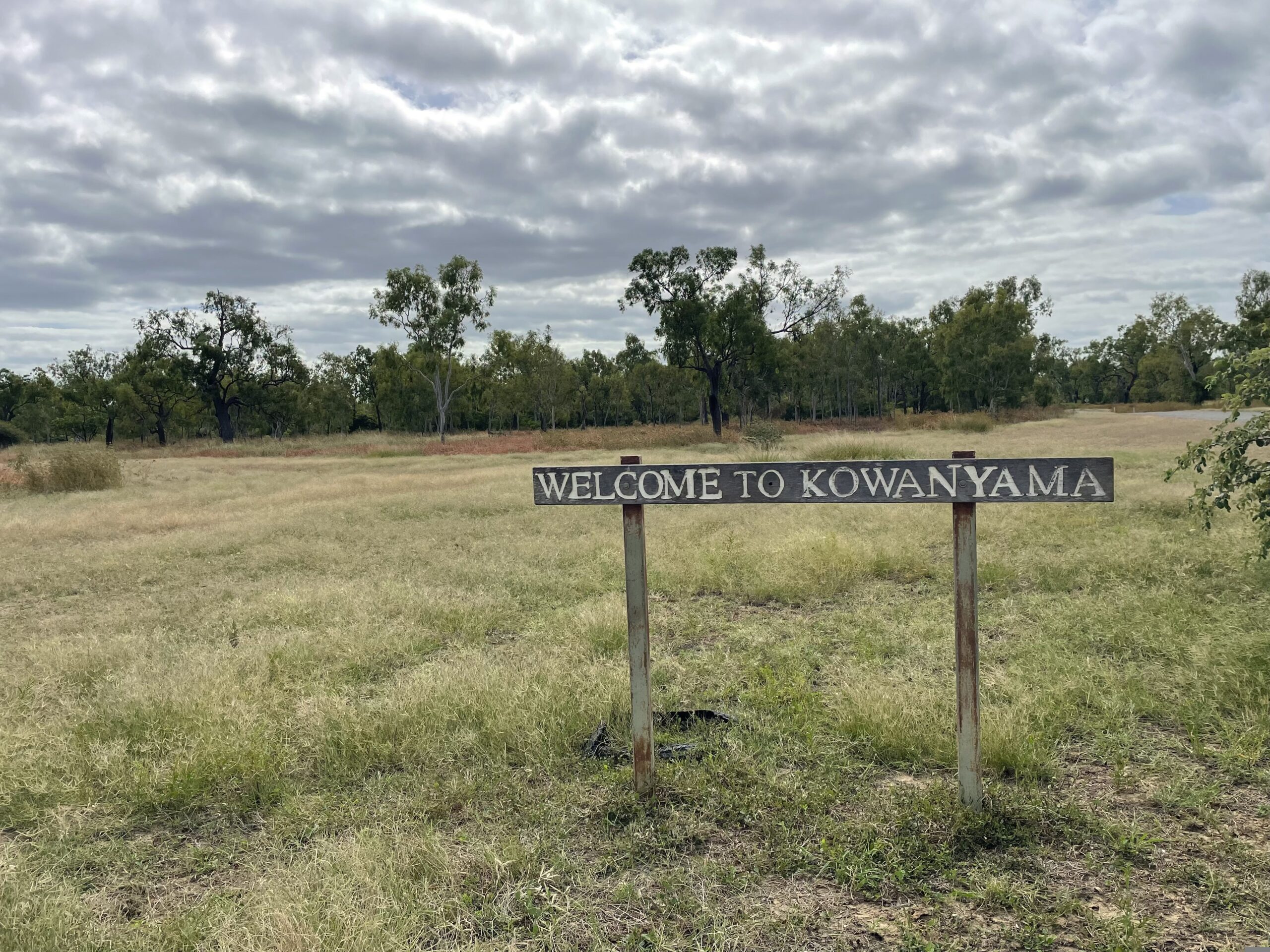
Australia
Community-Led Teacher Orientation in Kowanyama: The Kowie Card Initiative
- Status
- Completed Research
- Research Year
- 2024-25
For tens of thousands of years, Aboriginal and Torres Strait Islander peoples have nurtured a rich cultural legacy in Far North Queensland (FNQ), marked by deep connections to Country, resilience, and adaptability, despite enduring colonial violence, displacement, and separation. Today, FNQ’s youthful population—with a significant proportion being under 18—reflects the vibrancy and potential of these communities.
However, systemic inequities persist. In remote NT and QLD communities, school attendance rates for Aboriginal and Torres Strait Islander students fall to 32–80% by middle school, with only 38% completing Year 12 in very remote areas (Australian Government, 2020). High teacher turnover, driven by geographical and cultural isolation, limits opportunities to build meaningful relationships with students facing challenges rooted in intergenerational trauma.
This case study explores the Kowie Card, a community-led teacher orientation program in Kowanyama, a remote Aboriginal community in FNQ. Developed by Youth Empowered Towards Independence (YETI), the initiative grounds new teachers in local culture, history, and values through activities like cultural site visits, yarning circles, and conversations with Elders. At the end of their first year, participants receive the Kowie Card, recognising their cultural competency and commitment.
The program fosters stronger teacher retention, student well-being, and community trust at Kowanyama State School, where nearly all students identify as Aboriginal. It also aligns educational and economic opportunities with community aspirations, including pathways for small business development and broader economic inclusion. The study aims to explore how these pathways can be strengthened and expanded to support sustainable, community-driven growth.
Gaining attention as a model for other industries and Cape York communities, the Kowie Card highlights the transformative potential of culturally responsive, community-led initiatives. By addressing both systemic challenges and strengths, it paves the way for equitable opportunities that honour FNQ’s First Nations peoples’ history, culture, and aspirations.




